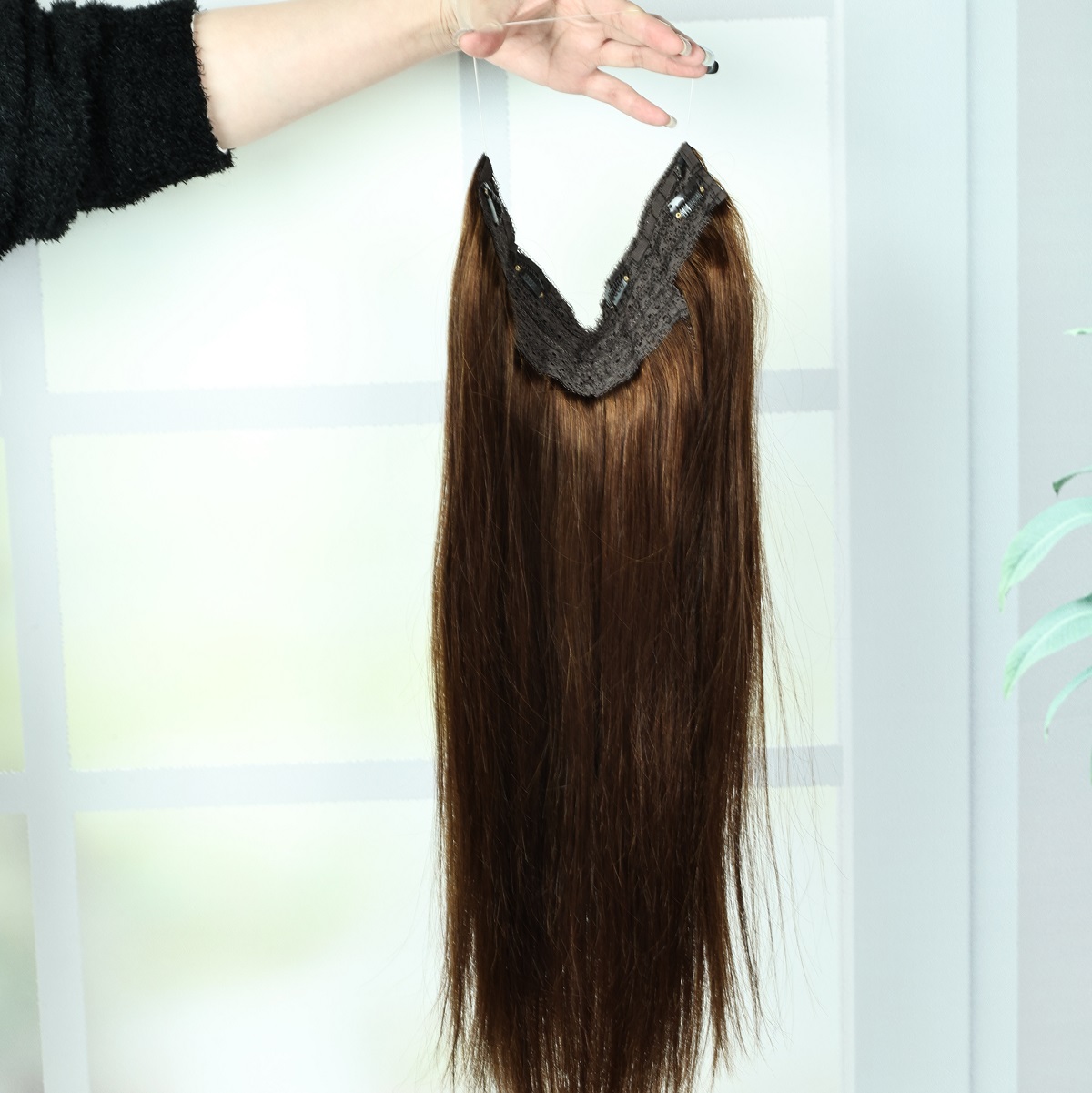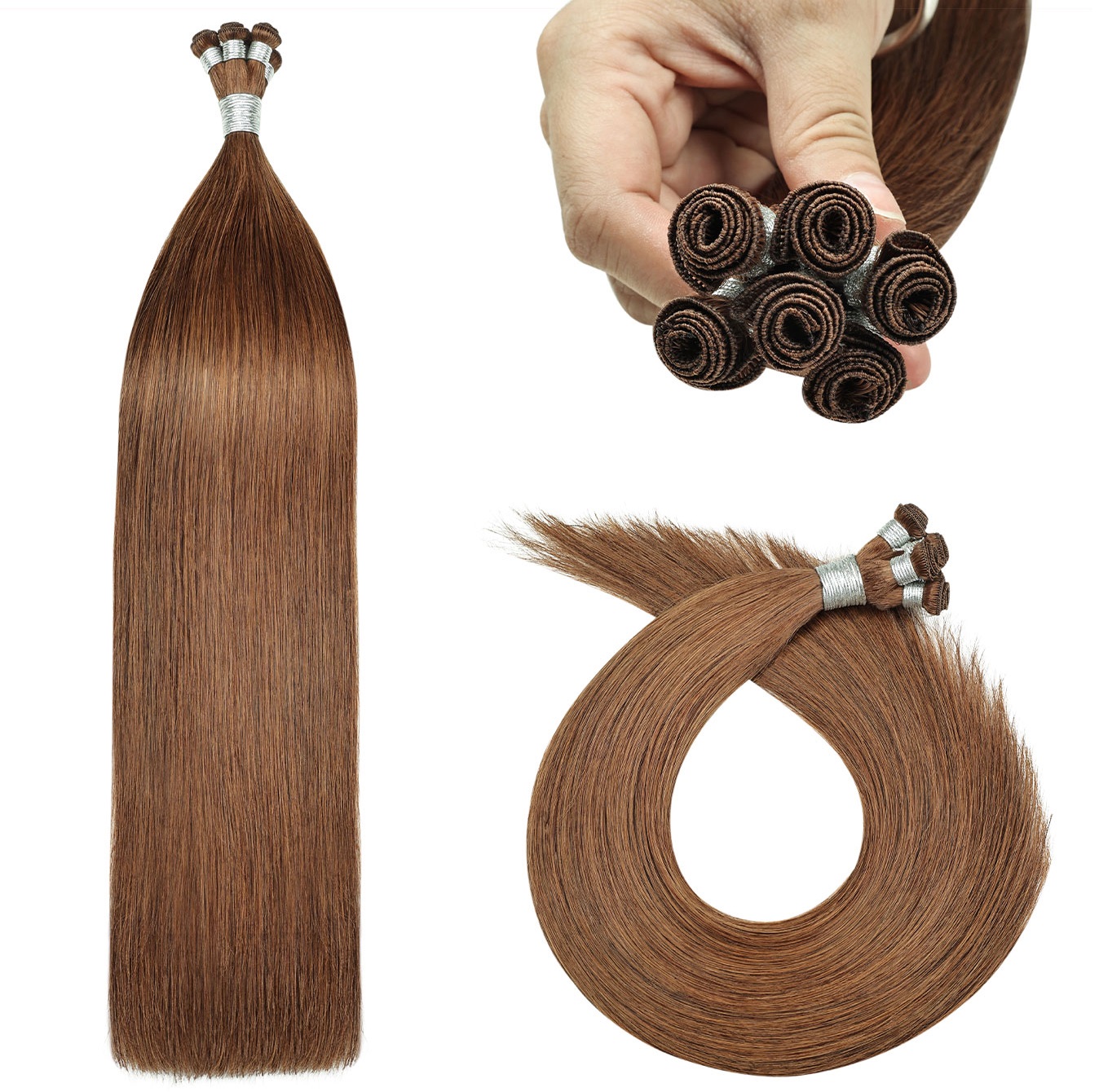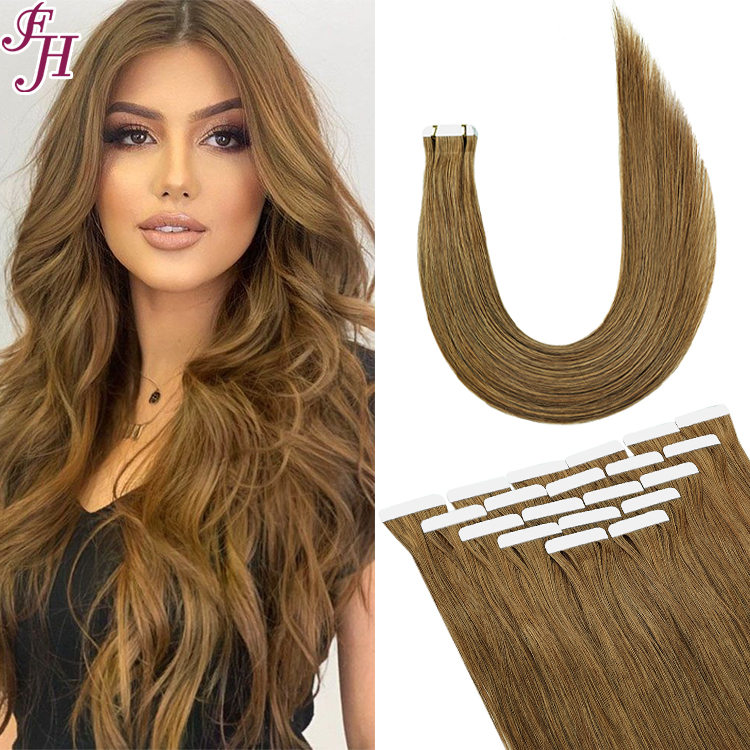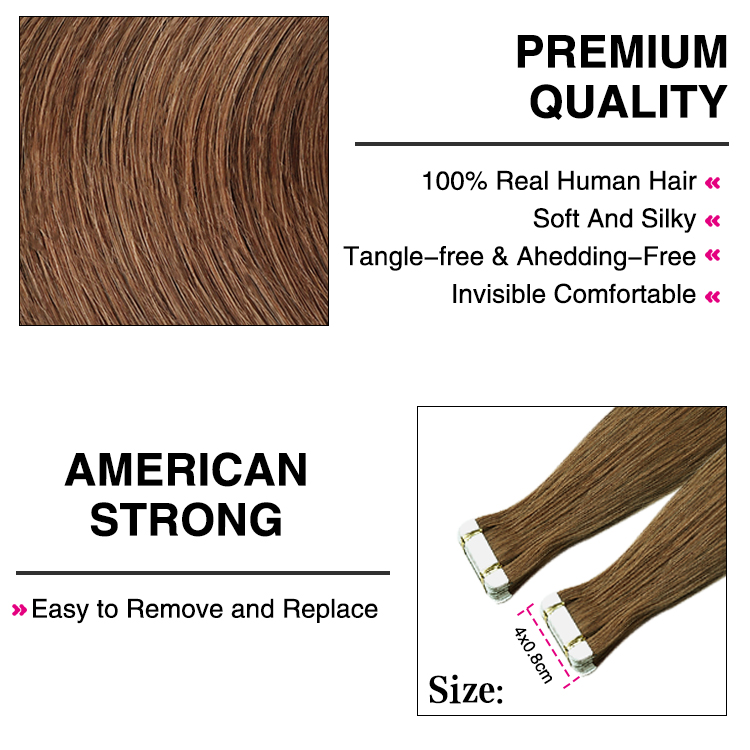Hair extensions have revolutionized the way individuals approach hair styling, offering a quick and easy solution to achieve longer, fuller, and more versatile hairstyles. At the heart of this transformation are hair extensions suppliers, who play a pivotal role in the beauty industry by providing the highest quality products to salons, stylists, and consumers worldwide. This article explores the significance of hair extensions suppliers, their impact on the beauty industry, and the factors that make them essential to the market.
The Role of Hair Extensions Suppliers
Hair extensions suppliers serve as the bridge between manufacturers and end-users, ensuring that high-quality hair extensions reach the market efficiently:
- Quality Assurance: Suppliers are responsible for ensuring the quality of hair extensions, which includes verifying the authenticity of the hair and the integrity of the processing methods.
- Distribution: They manage the logistics of distributing hair extensions to various retail outlets, salons, and online platforms.
- Market Trends: Suppliers stay abreast of market trends and consumer demands, helping to shape the product offerings and styles available to the public.
The Evolution of Hair Extensions
The evolution of hair extensions has been marked by significant advancements in quality and variety, largely driven by suppliers’ responsiveness to market needs:
- Quality Hair Types: Suppliers now offer a wide range of hair types, from virgin human hair to Remy hair, ensuring that consumers have options that suit their needs and preferences.
- Diverse Styles: The variety of styles and textures available has expanded, with suppliers offering everything from straight and wavy to curly and colored extensions.
- Innovative Application Methods: Suppliers have introduced various application methods, such as clip-ins, tape-ins, and weaves, providing users with flexibility and convenience.
Ethical Sourcing and Sustainability
Ethical sourcing and sustainability have become key considerations in the hair extensions industry:
- Ethical Sourcing Practices: Reputable suppliers prioritize ethical sourcing practices, ensuring that hair is collected with donor consent and in a manner that respects human rights.
- Sustainable Operations: There is a growing emphasis on sustainable operations, with suppliers reducing waste, using eco-friendly packaging, and adopting energy-efficient processes.
The Impact of Technology on Hair Extensions Suppliers
Technology has significantly impacted the operations of hair extensions suppliers:
- E-commerce: The rise of e-commerce has enabled suppliers to reach a global customer base, offering convenience and efficiency in purchasing.
- Data Analytics: Suppliers use data analytics to track sales trends, predict future demands, and tailor their inventory and product offerings accordingly.
- Logistics: Advanced logistics systems have improved the efficiency of distribution, reducing costs and delivery times.
The Challenges Faced by Hair Extensions Suppliers
Despite their success, hair extensions suppliers face several challenges:
- Counterfeit Products: The market is flooded with counterfeit and low-quality hair extensions, which can damage the reputation of genuine suppliers.
- Regulatory Compliance: Navigating the complex web of international regulations and compliance standards can be challenging.
- Market Saturation: The market is becoming increasingly saturated, requiring suppliers to differentiate themselves through quality, innovation, and customer service.
Strategies for Success in the Hair Extensions Market
To succeed in the hair extensions market, suppliers must adopt strategic approaches:
- Focus on Quality: Maintaining the highest standards of quality will always be a key differentiator in the market.
- Customer Service: Providing exceptional customer service can help build brand loyalty and secure long-term relationships.
- Innovation: Continuous innovation in products, services, and operations can keep suppliers ahead of the competition.
- Ethical and Sustainable Practices: Embracing ethical and sustainable practices not only helps in building a positive brand image but also attracts increasingly conscious consumers.
Conclusion
Hair extensions suppliers are the cornerstone of the beauty industry, enabling individuals to express their personal style through a wide range of high-quality hair products. By ensuring ethical sourcing, embracing technological advancements, and staying attuned to market trends, suppliers play a vital role in shaping the industry’s future. As the demand for hair extensions continues to grow, suppliers who prioritize quality, innovation, and customer satisfaction will be well-positioned to thrive in this dynamic market.





